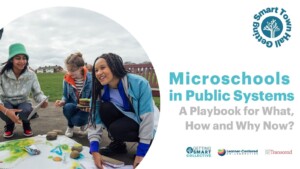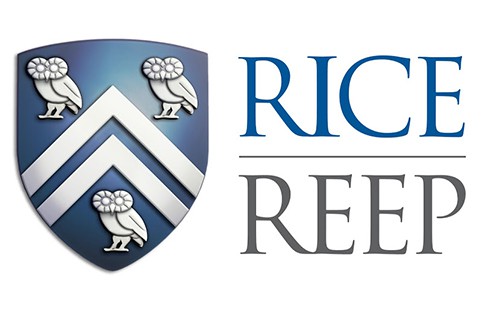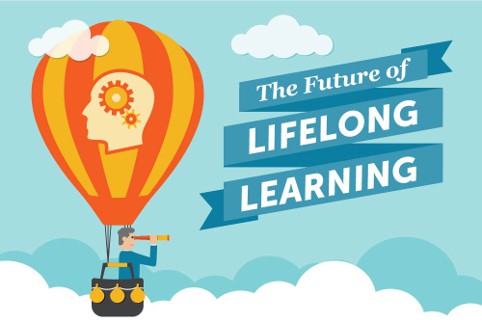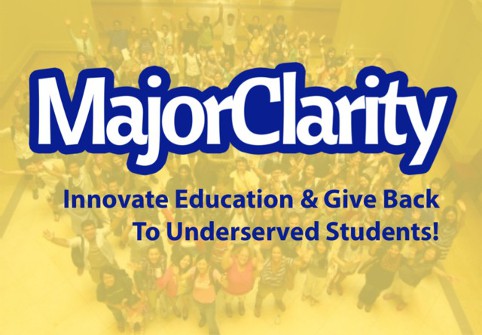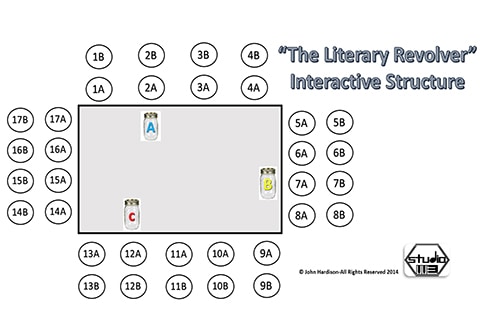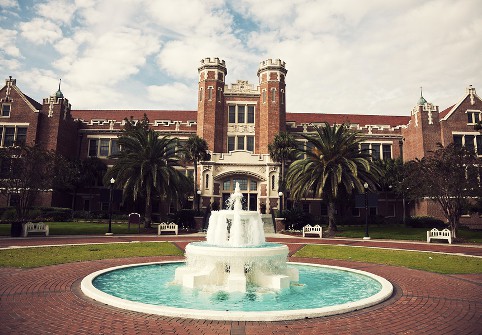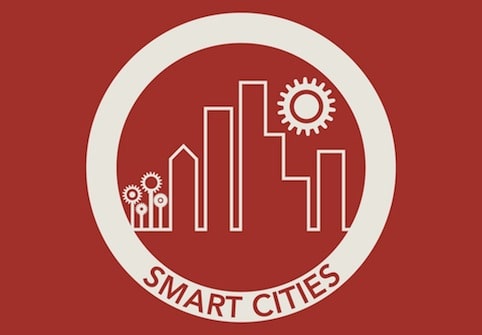Post-Secondary
Post-secondary is a shifting space — four year degrees may not always be the fit and new alternatives are being created at an alarming rate. This topic encompasses everything from higher ed to adult learning and workforce pipelines and development.
Preparing Principals Like CEOs
Rice Education Entrepreneurship Program believes that preparing principals to run their schools like CEOs will enable them to solve problems, manage resources, and transform their schools.
Infographic | The Future of Lifelong Learning
By: Christina Yu. Lifelong learning organizations and initiatives, explores the trends today around educational aspiration, access, and affordability, and describes some of the societal benefits we can expect to see from lifelong learning in the future.
A Solution to Higher Retention and Graduation, and Lower Student Debt is Simpler Than You Think
How changing majors and not choosing the right major for your career impacts retention, graduation and student debt, and potential platform solutions to support in pathway selection.
The Literary Revolver: An Interactive Structure from Studio 113
Frankly speaking, interactive learning structures work. By merging standards-based prompts, random selectiveness, a backchannel, improvisational acting, and overall creativity, Studio 113’s fairly new “Literary Revolver” places students on an engaging, challenging, and fun path to lesson mastery.
Southern New Hampshire Reshaping Higher Ed Landscape
Manchester, New Hampshire may seem like an unlikely place for a revolution but Southern New Hampshire University (SNHU) has produced three remarkable innovations that have the potential to reshape the higher ed landscape.
8 ways B Schools are different than Ed Schools
Following a visit to Florida State University College of Education, Tom reflects on the cultural differences between business and ed schools and how ed schools can fight for relevance in the learning revolution.
Bringing Schools Into the 21st Century
By: James Walker. Web based tools are creating market shifts like never before. As online schooling opens for all ages, learn how to figure out which online offerings are right for your school.
A Gold Mine of #EdTech Resources: Part II
In continuation of Part I of "A Gold Mine of #EdTech Resources," I unearth more EdTech resources I have stored in my mental Rolodex. Or, at least, all that I still use and care to remember.
The Great Skills-Based Education Land Grab
By: Jeremy Johnson. There's a skill gap that is creating an alarming dilemma — especially for educators. While higher education works on a four-year cycle, the technology cycle changes every 18 to 24 months. Many traditional institutions simply aren’t prepared for these rapid changes in technology. Skills-based education will meet student needs by equipping them with tools necessary for success.
Preparing Students for Careers & Developing a Workforce
In this blog, Tom Vander Ark gives a glimpse into the upcoming book, "Smart Cities That Work For Everyone." Learn how civic infrastructure and leadership assist in creating life-long learning and excellence.


